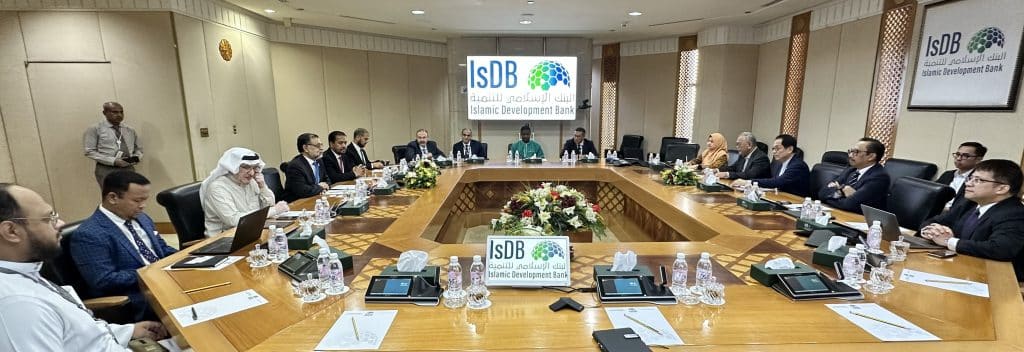With 2030 fast approaching, a number of countries, particularly in Africa, are not yet up to date with the implementation of the 17 Sustainable Development Goals (SDGs). This is the case of Mauritania, Mozambique and five other countries on the continent to which the Islamic Development Bank (IsDB) has just granted 800 million dollars. The loan will be used to build a number of infrastructure projects designed to improve the living conditions of their populations.
The projects will focus on energy (SDG7), education (SDG4), agri-food (SDG2), water and sanitation (SDG6) and energy (SDG7), among others. In Sudan, the IsDB’s support of $1.5 million should benefit 125,000 people “affected by the conflict”, particularly those living in rural areas who have lost their means of subsistence. Food security (SDG2) is weakened by ongoing clashes between paramilitaries and the regular army in Darfur. The United Nations predicts that “the number of Sudanese suffering from acute malnutrition will reach 19 million in six months (November 2023, editor’s note) if nothing is done”.
In Ivory Coast and Senegal, the IsDB will provide 194 and 44.9 million dollars respectively to finance the development of sustainable mobility and transport in order to counter the pollution peaks recorded in recent years in major cities such as Dakar and Abidjan. Nigeria, for its part, will receive 66 million dollars “to stimulate electricity transmission and innovation in the energy and information technology sectors”, according to the bank based in Jeddah, Saudi Arabia.
Read also-
Guinea and Togo are also involved in the IsDB’s initiative, which aims to help its member states become more resilient to climate change. A total of $136.5 million has been earmarked to combat coastal erosion in Togo, while the Guinean government has received $40 million to implement two water and sanitation projects. These new investments reinforce those already underway in these beneficiary countries with the support of other development partners.
Benoit-Ivan Wansi
